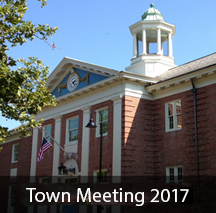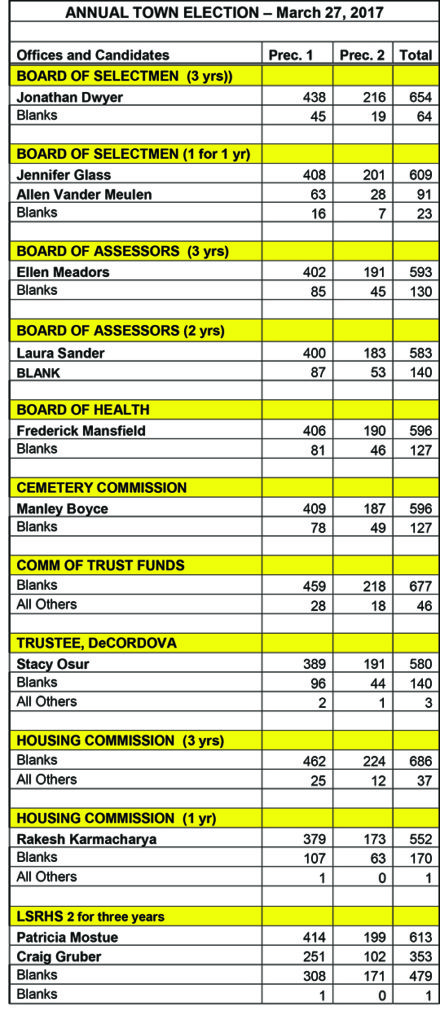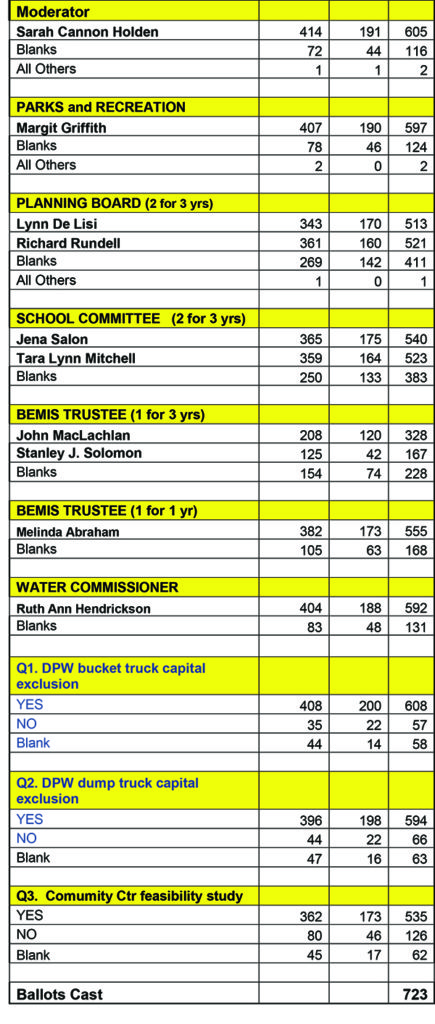 The Lincoln Planning Board will hold a public hearing at 7 p.m. on Tuesday, April 11 to review an application for a Special Permit for a wireless communication facility. The applicant, Crown Castle, proposes to construct a 75-foot replacement tower and co-applicant Verizon Wireless proposes to install six antennas in three arrays at the centerline height of 75 feet along with necessary ground-based equipment. This hearing was rescheduled from last month due to inclement weather.
The Lincoln Planning Board will hold a public hearing at 7 p.m. on Tuesday, April 11 to review an application for a Special Permit for a wireless communication facility. The applicant, Crown Castle, proposes to construct a 75-foot replacement tower and co-applicant Verizon Wireless proposes to install six antennas in three arrays at the centerline height of 75 feet along with necessary ground-based equipment. This hearing was rescheduled from last month due to inclement weather.
The Zoning Board of the Appeals of the Town of Lincoln will hold a public hearing on Thursday, April 13 at 7:30 p.m. to hear and to act on the following petitions:
- Brian Cummings, 188 Concord Rd., for renewal of an accessory apartment special permit.
- Daniel England, 22 Weston Rd., for renewal of an accessory apartment special permit.
- Lisette Cooper, 5 Longmeadow Road, for a special permit to finish attic into a study and add a hot tub to backyard.
- Paul Chapman, 30 Old Sudbury Rd., for an amendment to a previously granted special permit for interior renovations to a carriage house for an accessory apartment.
- Holly Hedlund, 21 Sunnyside Lane, for an appeal of the issuance of a building permit by the building inspector for work to be done in conformance with previously granted special permit.











